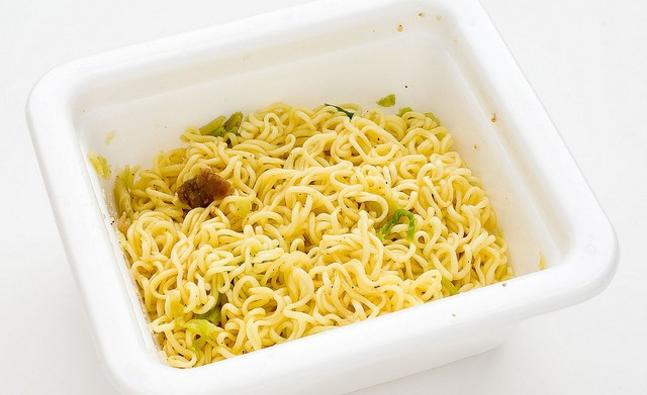Research has found that regularly eating instant noodles may increase your risk of heart disease, diabetes and stroke, especially in women!
Instant noodle eaters, take heed. Recent research shows that significant consumption of this convenience food product may increase your risk for cardiometabolic syndrome, especially in women.
Instant noodles and the rapid increase in heart disease
“… instant noodle intake is greater in Asian communities, [and] the association between instant noodle consumption and metabolic syndrome has not been widely studied,” Dr. Shin said. “I decided to investigate in order to uncover more distinct connections.”
The research focused primarily on South Korea, which has the highest per-capita number of instant noodle consumers in the world. In recent years, South Koreans have experienced a rapid increase in health problems, specifically heart disease, and a growing number of overweight adults. Such changes could lead to increased mortality due to cardiovascular disease, as well as increased health care costs.
How much is too much?
Dr. Shin, who led the study on behalf of the Baylor Heart and Vascular Hospital (BHVH), found that eating instant noodles two or more times a week was associated with cardiometabolic syndrome, which raises a person’s likelihood of developing heart disease and other conditions, such as diabetes and stroke.
Dr. Shin also found that those results were more prevalent in women. He said that can likely be attributed to biological differences (such as sex hormones and metabolism) between the sexes, as well as obesity and metabolic syndrome components. In addition, men and women’s varied eating habits and differences in the accuracy of food reporting may play a role in the gender gap.
A package problem
Another potential factor in the gender difference is a chemical called bisphenol A (BPA), which is used for packaging the noodles in Styrofoam containers. Studies have shown that BPA interferes with the way hormones send messages through the body, specifically oestrogen.
Regardless of the gender-related findings or their causes, Dr. Shin said, the study represents the importance of understanding the foods we feed our bodies.
“This research is significant since many people are consuming instant noodles without knowing possible health risks,” Dr. Shin said. “My hope is that this study can lay a foundation for future research about the health effects of instant noodle consumption.”
Source: ScienceDaily

